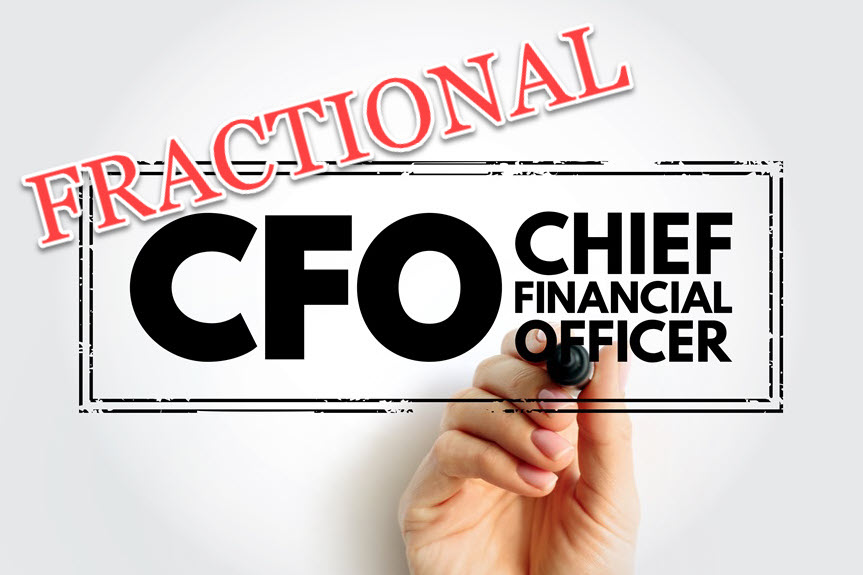Regardless of size, industry, or location, strong financial leadership is a vital component of any organization’s success. Yet, small and mid-sized companies often forgo hiring a CFO due to budgetary constraints. This is where bringing in a fractional resource can help! An outsourced fractional CFO will perform the same duties as an in-house full-time CFO, but on a more limited time basis.
For those that are not familiar with the term, “fractional leadership” covers anything that is less than full-time. That means a fractional CFO may perform ongoing accounting/finance duties for a set number of hours every week for months or even years while the company grows until it reaches a point where it has enough work to justify the cost of a full-time hire. In this way, a fractional CFO is a great steppingstone as an organization grows or undergoes significant transition. In other situations, a fractional CFO may be brought in to provide short-term business project oversight or to clean up a mess that has resulted from a major accounting issue.
So, let’s look at when a fractional CFO is an absolute must-have.










